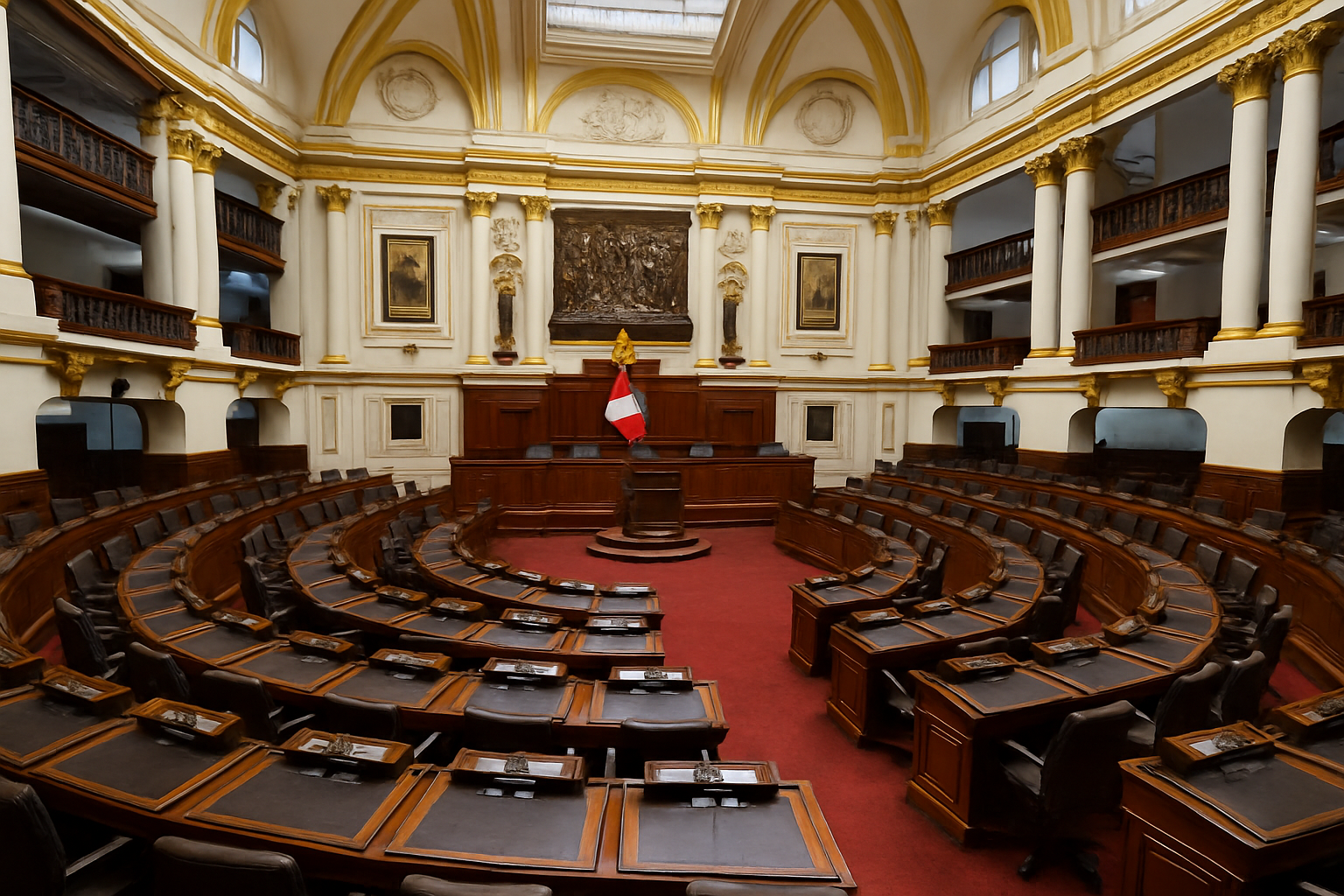UN Experts Urge Peru to Reject Amnesty Law for Human Rights Violators
The UN experts described these developments as a systematic dismantling of Peru’s transitional justice mechanisms, which jeopardizes decades of progress in upholding human rights and democratic values.

- Country:
- Peru
In a stark warning to the Peruvian government, a group of United Nations human rights experts has expressed deep concern over a controversial bill passed by the country’s Congress that would grant amnesty to individuals accused or convicted of gross human rights violations committed during Peru’s brutal internal armed conflict from 1980 to 2000. The experts are calling on the executive branch to veto the legislation, warning that it violates international law and human rights obligations.
A Threat to Justice and Accountability
The bill in question, Bill 7549/2023-CR, proposes a sweeping amnesty for members of the Armed Forces, the National Police, Self-Defense Committees, and other state officials implicated in crimes committed during the two-decade-long conflict. It applies to individuals accused, prosecuted, or convicted of serious offenses—provided that their conviction is not final. The bill also offers a so-called "humanitarian" amnesty to those over the age of 70 who have already been convicted.
If enacted, the law would affect at least 156 cases with final judgments and more than 600 ongoing judicial proceedings involving serious human rights violations, such as extrajudicial executions, enforced disappearances, torture, and sexual violence. These cases form the foundation of Peru’s transitional justice efforts since the fall of former President Alberto Fujimori, whose administration was marked by widespread abuses.
UN: Law Breaches International Human Rights Obligations
According to the UN experts, the bill contradicts international legal norms, including jus cogens principles, customary international law, and binding treaties to which Peru is a party.
“Peru has a duty to investigate, prosecute, and punish gross human rights violations and crimes under international law committed during the conflict,” the experts said. “International standards strictly prohibit amnesties or pardons for such grave crimes.”
They emphasized that amnesties for crimes such as torture, war crimes, and crimes against humanity are not permissible under international law, as they obstruct victims' rights to truth, justice, and reparations.
Legislative Process Raises Transparency Concerns
The process through which the bill was passed has drawn additional criticism. It was approved on first reading by the Congress plenary on 11 June 2025, even though it had not received a favorable opinion from the Justice Commission, and it was not made available for public scrutiny.
Subsequently, the Permanent Commission of Congress passed the bill on second reading on 9 July, during a period when the full congressional plenary was not in session. Observers say the move bypassed normal legislative procedures, raising serious concerns about transparency and democratic accountability.
Humanitarian Pardons Under Scrutiny
The bill also proposes granting “humanitarian” amnesty to convicted perpetrators over the age of 70. The UN experts have rejected this blanket provision, pointing out that international standards allow pardons only in specific circumstances, such as when an individual is facing imminent death from terminal illness.
“Benefits cannot be granted simply owing to the passing of time, age, or a general physical or mental condition,” the experts said. “States must ensure the right to health through adequate prison healthcare or transfers to specialized medical centers.”
A Pattern of Human Rights Regression
The UN’s criticism comes amid a broader trend of human rights setbacks in Peru. On 9 August 2024, the government enacted Law No. 32107, introducing a statute of limitations for war crimes and crimes against humanity committed before 1 July 2002—a move widely condemned by international legal experts.
Furthermore, several bills have been introduced in Congress seeking Peru’s withdrawal from the Inter-American System for Human Rights, including the Inter-American Court of Human Rights, which has been instrumental in holding perpetrators of past abuses accountable.
The UN experts described these developments as a systematic dismantling of Peru’s transitional justice mechanisms, which jeopardizes decades of progress in upholding human rights and democratic values.
The Call to Veto
In light of these concerns, the UN experts are urging President Dina Boluarte and the Peruvian executive branch to exercise their constitutional authority to veto the legislation, warning that its enactment would violate Peru’s obligations under international human rights law.
“Failure to ensure criminal accountability for these crimes violates human rights treaty norms and impedes victims’ rights to justice, truth, and reparation,” they said.
They also called on Peru’s civil society and international partners to remain vigilant and active in opposing efforts to shield perpetrators from justice, warning that impunity threatens the very fabric of the rule of law and undermines the dignity of victims and survivors.










